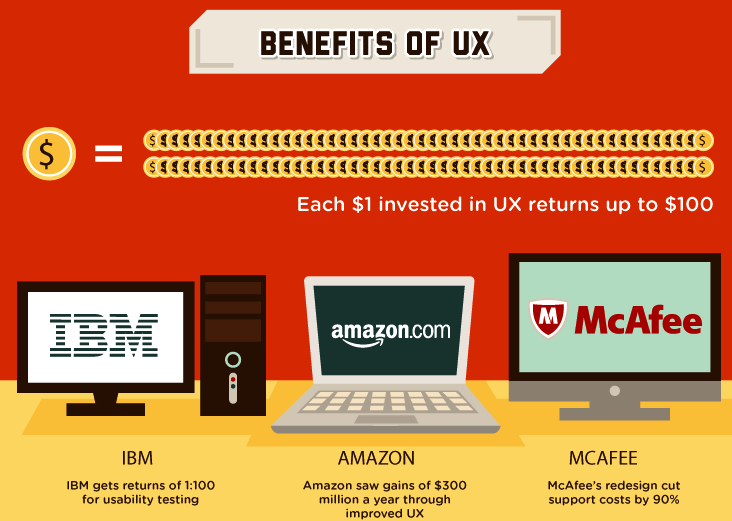Singapore has unveiled new initiatives in data analytics and cloud including a data-as-a-service (DaaS) pilot, as the government looks to drive further drive its smart nation ambition.
The Infocomm Development Authority (IDA) announced a new trial aimed at increasing “the visibility of datasets” and enabling content providers to evaluate the quality of their datasets through a set of Data Quality Metrics.
“Currently, there is no coherent mechanism for users to easily discover private-sector datasets made available from data providers across the various industry sectors.
“The DaaS platform, also named the Federated Dataset Registry (FDSR), is intended to enable a mechanism to ease dataset discovery,” said IDA in a statement. It added that the registry comprises various individual Dataset Registries (DSRs) based on the open source data portal platform, CKAN (Comprehensive Knowledge Archive Network).
There are currently 11 data providers participating in the pilot including DHI Water & Environment, which provides data on water and environment, Hutbitat and StreetSine Singapore, both of which offer real estate data, and Sense Infosys, which provides maritime logistics data.
Scheduled to run until March 31, 2016, the DaaS pilot will allow IDA to gather feedback and assess the platform. To encourage participation, the ICT regulator has roped in Amazon Web Services (AWS) to offer cloud computing services to the first 25 data providers that sign on for the trial. The cloud vendor will provide usage credits worth US$3,000 each to the 25 participants, which can then redeem the credits to host their dataset registries or datasets with AWS.
Participants in the DaaS pilot will operate their own DSR, which will run on their own infrastructure such as a web server or cloud data center. Each registry should carry a dataset catalogue maintained by the data provider, containing details of datasets including meta information and sample datasets.
IDA also urged participating data providers to provide data quality metrics for users who can then assess the quality of the datasets and compare these with other similar data. Users can then contact the data providers should they want access to the datasets to support their mobile apps, for instance, and establish a financial or licensing agreement to do so.
IDA’s executive deputy chairman Steve Leonard said: “Singapore is building the world’s first smart nation. To tackle difficult urban challenges in areas such as healthcare and energy, we need to capture and analyze massive amounts of data, and use that situational awareness to take meaningful actions. It is exciting for us to be exchanging ideas with top leaders in this space. Our goal is to challenge ourselves to keep finding new ways to better use data to serve citizens of all ages.”
Data and data analytics play a critical role in Singapore’s smart nation goal, where the collection and analysis of data — including those captured by sensors placed across the country — can generate relevant insights to support better decision-making and improve services for Singapore citizens.
Choosing cloud vendors through registry, standards
IDA on Wednesday also announced that “near real-time analytics” have been added to its Cloud Service Provider (CSP) Registry to provide information on the performance and availability of cloud vendors. The database previously offered only static listings of market players, providing information such as those provided on a self-disclosure form and the vendor’s Multi-Tier Cloud Security Singapore Standard (MTCS SS) certification.
The additional analytics will be provided through Compuware, enabling information on the CSPs’ availability and performance to be generated in near real-time, said IDA. It added that Compuware will provide free use of its software tools and expertise in monitoring the cloud vendors’ performance via the registry.
Khoong Hock Yun, IDA’s assistant chief executive, said during his speech Wednesday at the CloudAsia 2014 conference: “Potential cloud adopters can use the registry to compare and contrast different CSPs based on the information published, making it easier for them to decide which CSP is right for their needs.”
He added in a statement that the addition of near real-time tools will better enable potential cloud adopters to understand what each provider is offering, as well as encourage greater trust and adoption of cloud services.
“Alongside this is an encouraging takeup of the MTCS SS standard for clarity around CSPs security service levels. All of this will help in Singapore’s drive to be a smart nation,” he said. Launched last year, the cloud security standard was developed to help local enterprises choose a suitable cloud vendor by providing insights on the level of information security each cloud provider offers with their services.
Khoong expects more MTCS certification to be adopted soon, noting that IDA had received 13 industry proposals from CSPs from its third public cloud services bulk tender in which MTCS certification was a mandatory requirement. He added that Singapore’s first liberal arts college, the NUS-Yale College, reportedly was aiming to be certified MTCS Level One for its hybrid cloud running on open technologies.
To further encourage cloud vendors to boost their cloud security competencies, he said the Singapore Accreditation Council (SAC), under the aegis of SPRING, on Wednesday launched an accreditation programme for MTCS certification. “Certification Bodies (CBs) accredited by SAC will have been assessed to meet stringent criteria of conducting good certification practices in accordance with international best practices. SAC accreditation ensures that CBs are competent in providing certification to the MTCS SS.
“As such, CSPs with accredited certification will provide greater assurance on cloud security to cloud users following the stringent certification processes in place to ensure that it meets the MTCS SS.”
Khoong added that the cloud security standard is undergoing a review by IDA and the IT Standards Committee to evaluate how it can be further improved, following a second round of industry feedback that will end on November 28.













